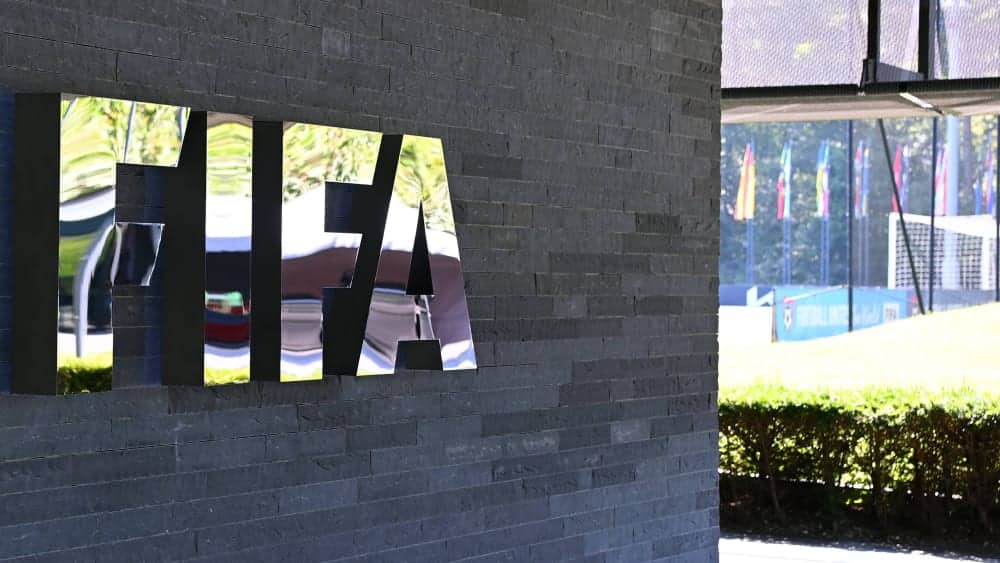In the legal dispute over the new rules for soccer player agents (FFAR), FIFA has won a partial victory. This is because the European Commission is siding with the world governing body in the matter.
This emerges from a written submission by the Commission to the European Court of Justice (ECJ) in Luxembourg.Thus, the conclusions of the document state that EU law must be interpreted in such a way that it does not preclude rules of a world sports federation which – for example – contain the following: “Players’ agents are prohibited from providing players’ agency services or other services in connection with the conclusion of a transfer agreement and/or employment contract and from being remunerated for such services by (a) the sending club and the receiving club, (b) the sending club and the player, (c) all parties involved (sending club, receiving club and player). ” This means that the Commission considers the multi-party representation ban wanted by FIFA to be unobjectionable.
Likewise, by the way, the commission cap, which should anger the bulk of agents the most, as the commission states: “(…) it will be prohibited to agree on or pay to players’ agents remuneration exceeding a ceiling calculated as a percentage of the transfer fee or the annual remuneration of that player, as provided for in Article 15(2) of the FIFA Football Agent Regulations (FFAR) (…)”.
However, this passage is provided with restrictions, such as the following: “To the extent that (…) the determination of the concrete amount of the commission cap (taking into account the graduation provided with regard to the amount of the tax base) does not go beyond what appears necessary to achieve the legitimate objectives pursued”. Conversely, this means that FIFA must be very specific about what it intends to achieve with its caps on commissions. In this specific case, it is likely to argue above all with financial excesses in the highly competitive and recently quasi-unregulated consulting market. Player consultants generated almost 600 million euros in revenue from international transfers in 2022. At least the same amount is likely to have flowed for national transfers, according to experts even more.
Agencies resist new restrictions
A number of agencies had been up in arms against the new restrictions, which were partially introduced in the spring. While the International Court of Arbitration for Sport (CAS) upheld FIFA, the Regional Court (LG) of Dortmund issued an injunction against FFAR and later even administrative fines against FIFA and the DFB. In January 2024, the matter will go to the Düsseldorf Higher Regional Court (OLG) as the next instance. In parallel, the Mainz Regional Court, which was also called upon, turned to the ECJ.
Nor does it share the Dortmund Regional Court’s assessment that the FFAR would constitute a “hardcore cartel.” This designation, according to a footnote, “appears to be exaggerated – without the term having any additional legal value – in view of the legitimate objectives (see below).
The reintroduction of the license also seems unproblematic for the Commission, provided that convictions of players’ agents for lesser offenses do not lead to a lifetime ban from the activity and that the consultants do not have to submit to FIFA rules to an extent that would violate EU law.
Overall, then, the brief is a partial victory for FIFA against the plaintiff agencies, including RRC-Sports-GmbH from the corporate empire of Rogon co-founder Roger Wittmann. However, the statements of the Commission are by no means binding for the ECJ, but only represent a recommendation.

